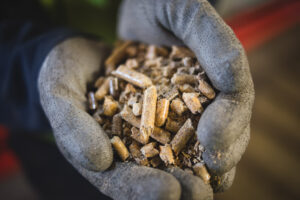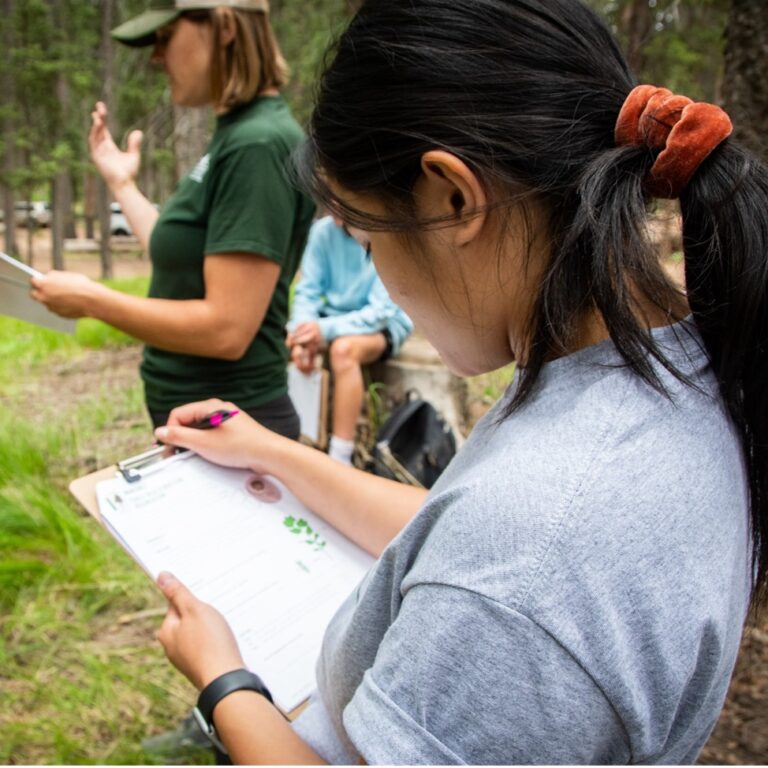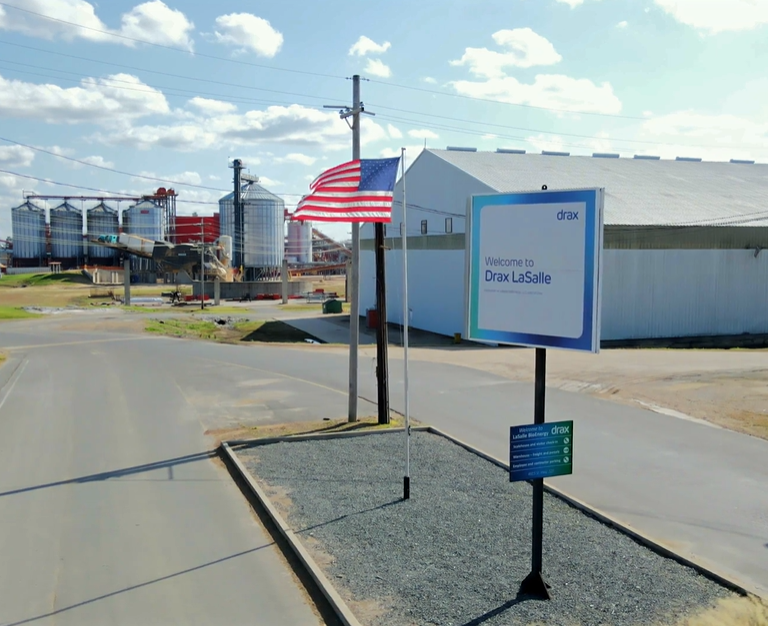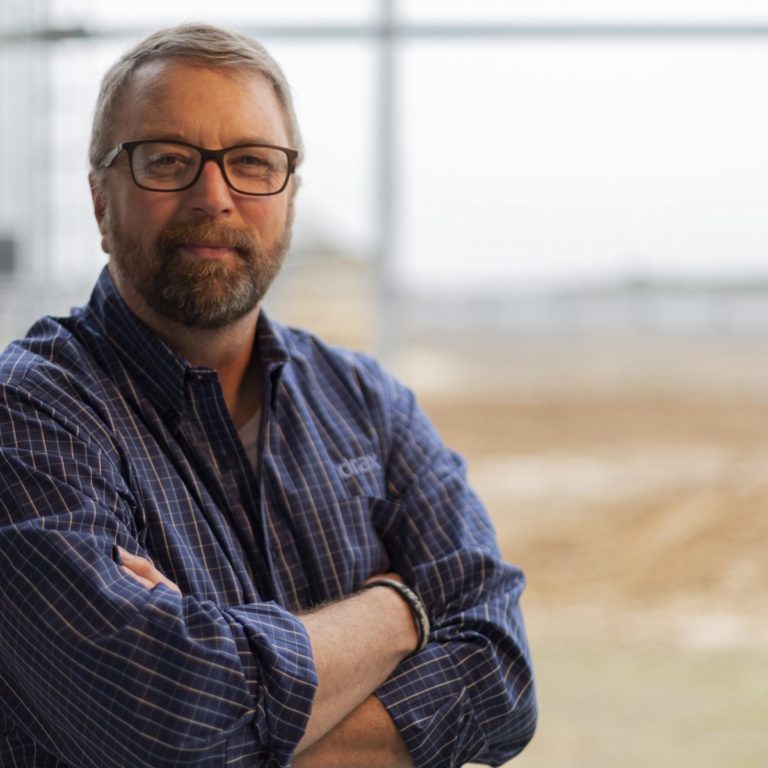Renewable energy company Drax has announced the donation of $15,000 to the Junior League of Monroe’s Classroom Mini-Grants program.
The Mini-Grants program offers educators in northern Louisiana an opportunity to receive up to $500 in funding for unique school development programs. In total, 32 initiatives received funding to help kickstart creative programs that will benefit more than 4,000 Louisiana students.
“Because of Drax’s donation, we are able to strengthen and support learning for thousands of students by providing opportunities for innovative programs and resources to dedicated teachers,” said Melinda Minniefield, the Junior League of Monroe President. “Drax has helped us enable exciting projects that will benefit our future generations.”
The Junior League of Monroe is an organization of women committed to promoting volunteerism, developing the potential of women and improving communities.
“The funding from Drax will allow us to continue to produce our podcast ‘The Lion’s Roar,’ which acts as a form of vocational training, teaching students new skills like how to make a podcast,” said Paul Smith, Ouachita Parish High School teacher. “The experience results in students finding the freedom to express themselves while learning important lifelong skills.”
Drax has supported a variety of educational programs in Louisiana including an environmental education workshop for teachers, a Classroom of the Month program and the United Way’s Pen Friends program.
“As Drax continues to grow, we are committed to helping Louisiana students find new and creative ways to learn,” said Matt White, Executive Vice President of North America Operations for Drax. “We’re happy to be able to partner with the Junior League of Monroe to support such an impactful program for the local community.”
Contact Information:
Alex Schott
VP, North America Communications
318-372-4091
[email protected]
About Drax
Drax Group’s purpose is to enable a zero carbon, lower cost energy future and in 2019 announced a world-leading ambition to be carbon negative by 2030, using bioenergy with carbon capture and storage (BECCS) technology.
Drax’s around 3,000 employees operate across three principal areas of activity – electricity generation, electricity sales to business customers and compressed wood pellet production and supply to third parties. For more information visit https://www.drax.com/us
Power generation:
Drax owns and operates a portfolio of renewable electricity generation assets in England and Scotland. The assets include the UK’s largest power station, based at Selby, North Yorkshire, which supplies five percent of the country’s electricity needs.
Having converted Drax Power Station to use sustainable biomass instead of coal, it has become the UK’s biggest renewable power generator and the largest decarbonization project in Europe. It is also where Drax is piloting the groundbreaking negative emissions technology BECCS within its CCUS (Carbon Capture Utilization and Storage) Incubation Area.
Its pumped storage, hydro, and energy from waste assets in Scotland include Cruachan Power Station – a flexible pumped storage facility within the hollowed-out mountain Ben Cruachan.
The Group also aims to build on its BECCS innovation at Drax Power Station with a target to deliver four million tons of negative CO2 emissions each year from new-build BECCS outside of the UK by 2030 and is currently developing models for North American and European markets.
Pellet production and supply:
The Group has 19 operational pellet plants and developments with nameplate production capacity of around five million tons a year.
Drax is targeting eight million tons of production capacity by 2030, which will require the development of over three million tons of new biomass pellet production capacity. The pellets are produced using materials sourced from sustainably managed working forests and are supplied to third party customers in Europe and Asia for the generation of renewable power.
Drax’s pellet plants supply biomass used at its own power station in North Yorkshire, England to generate flexible, renewable power for the UK’s homes and businesses, and also to customers in Europe and Asia.

















